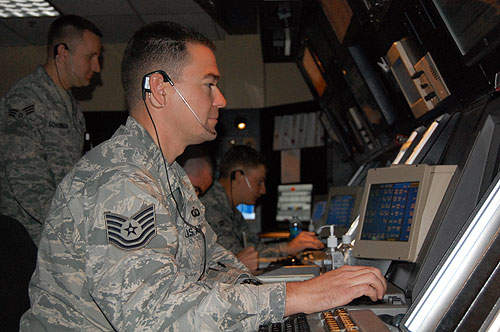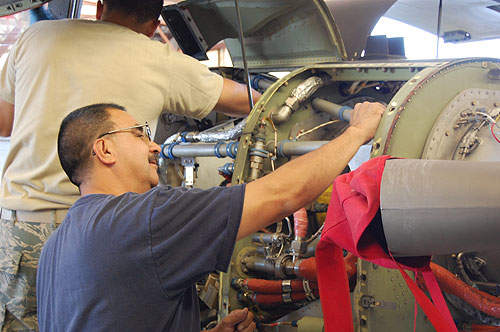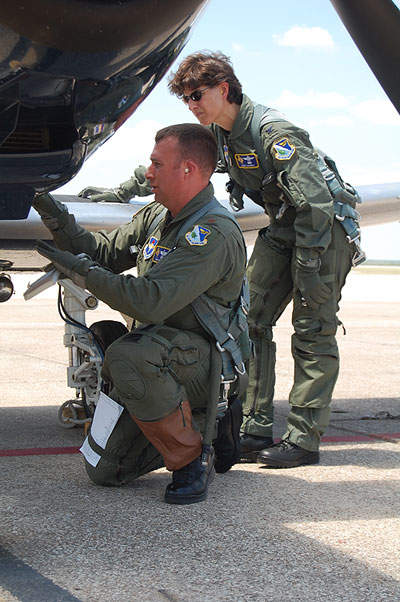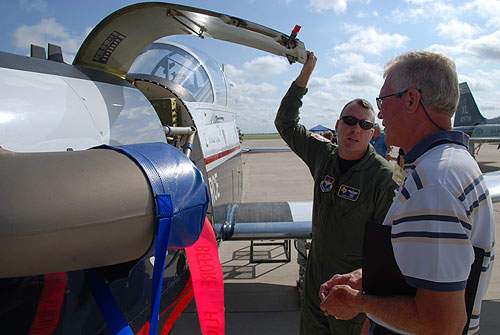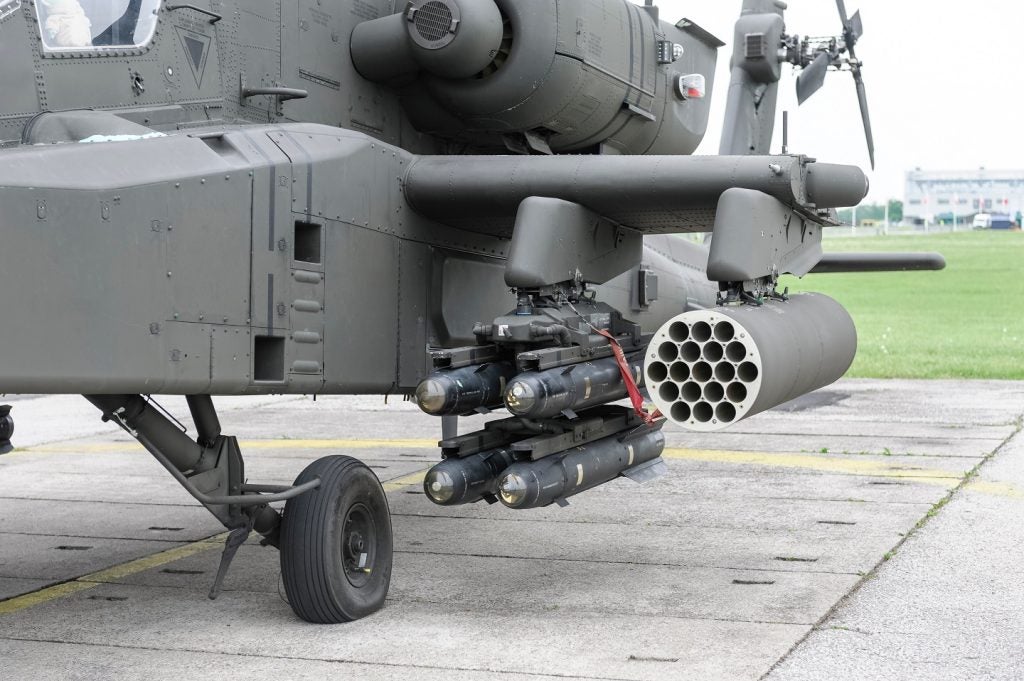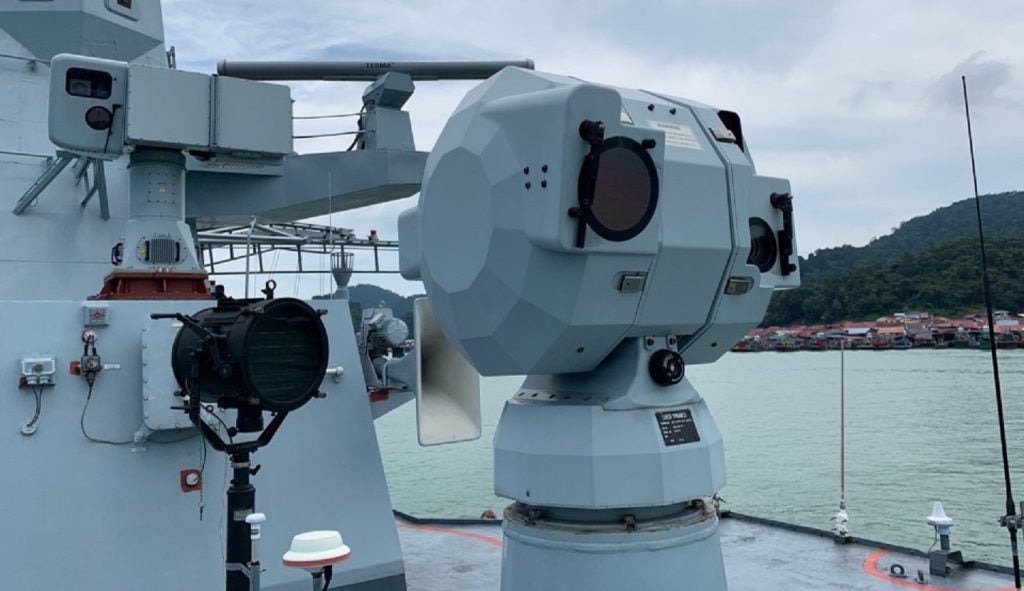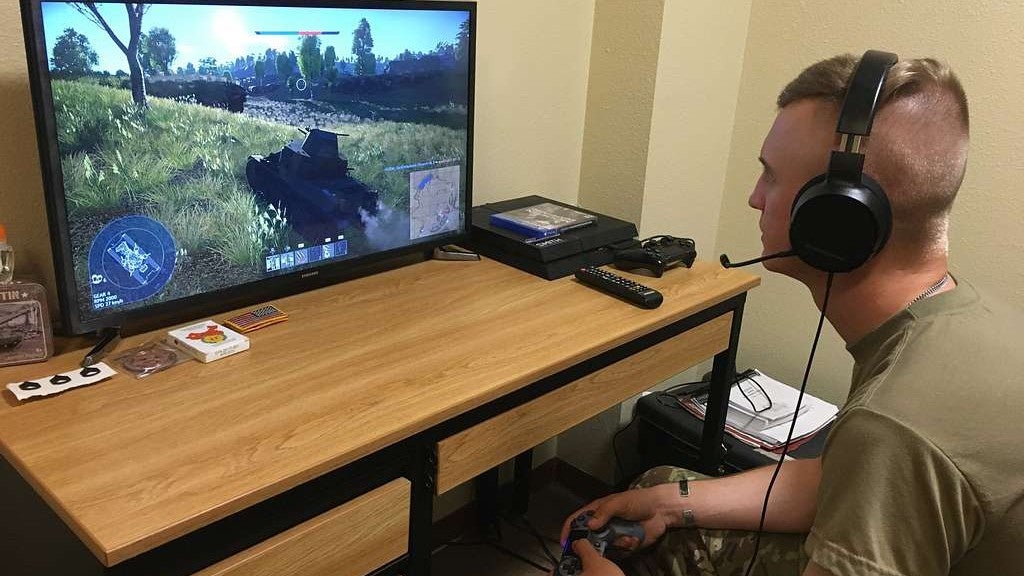Laughlin Air Force Base is a military training base situated 8km east of Del Rio in Texas, US. It is the United States Air Force’s biggest pilot training base.
The base is owned by the United States Air Force and operated by Air Education and Training Command.
History
Laughlin Air Force Base was established in March 1943 under the designation Laughlin Army Air Field. Built on a 15.2km² site near the border of the US and Mexico, the field was named in the honour of Second World War martyr Jack T Laughlin.
It was renamed as Laughlin Field in November 1943 and later became Army Air Force Auxiliary Field, which was shut down in October 1945. Services resumed in May 1952.
The Crew Training Air Force acquired Army Air Force Auxiliary Field in October 1952. Pilot training was initially carried out using the F-80 Shooting Star, F-84 Thunderjet and T-33 jet. The F-80 and F-84 were later removed from service.
Missions were later shifted to Williams Air Force Base in Arizona. The control of the base was transferred to the Strategic Air Command in April 1957.
The undergraduate pilot training programme was launched at the base in 1962. A specialised undergraduate pilot training programme was initiated at the base in 1993 to execute flight training through T-1 Jayhawk aircraft.
Design and construction
A 30,000ft² consolidated wing support facility worth $8m was built at the base by Phil Howry Company. The facility comprises an advance secure communications command centre for use during an emergency or extreme national crisis, which includes fibre optics and secure transmission capabilities.
Phil Howry Company built the base’s $4m security forces complex building under a contract with the US Army Corps of Engineers. The complex serves as the headquarters for Laughlin Military Police, and contains holding cells and an interior kennel for its canine element. It also boasts a secure operations room integrated with monitors to display images captured by remote security cameras fitted around the base.
As part of the contract, Phil Howry Company also carried out additional works such as setting up a 260ft communication tower and overhauling a new fire sprinkler system, HVAC unit and fire alarms.
Garrison facilities
Laughlin Air Force Base serves as headquarters for Air Education and Training Command, which is comprised of the 47th Flying Training Wing.
The 47th Flying Training Wing was activated at the base in September 1972 to accomplish specialised undergraduate pilot training for the US Air Force, Air Force Reserve, Air National Guard and other associated national air forces. The wing was organised into three groups: 47th Medical Group, 47th Operations Group and 47th Mission Support Group.
The 47th Medical Group’s medical support squadron and medical operations squadron render healthcare services for the 47th Flying Training Wing.
Air facilities
Laughlin Air Force Base has three runways paved with asphalt and macadam. The length of the longest runway is 2,700m; the second is 2,533m long and the third is 1,904m long. The base can accommodate T-6A Texan II, T-37, T-38C Talon, T-41 and T-1A Jayhawk aircraft for pilot training.
Control Tower
Garver constructed a ten-storey air traffic control building at a cost of $3.8m to control and monitor the air traffic. Built on a 627m² site, the building can accommodate 25 personnel and advanced air traffic control equipment.
Other facilities
Other facilities offered on the base include training, education, temporary lodging, housing, childcare and medical care.

